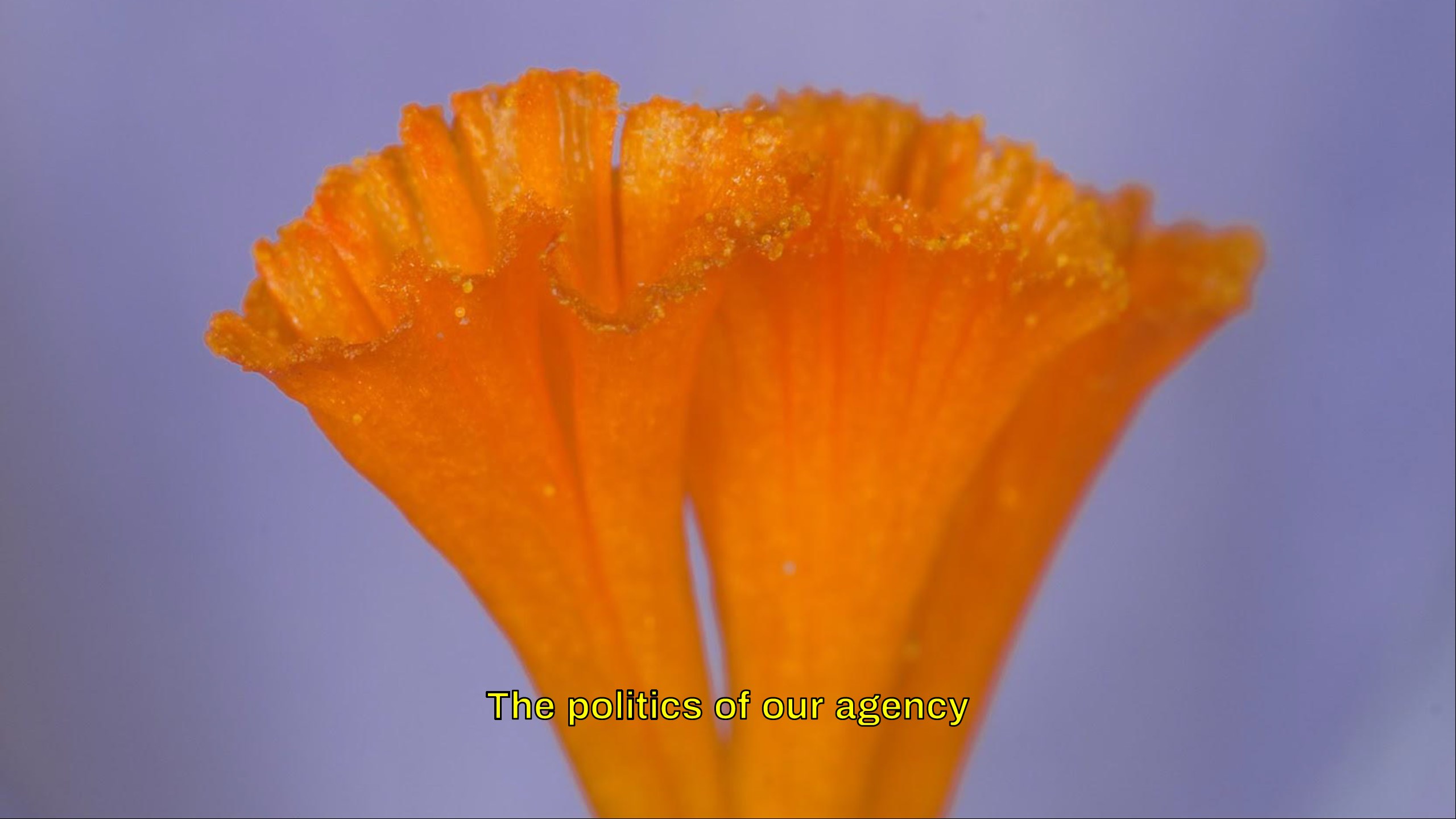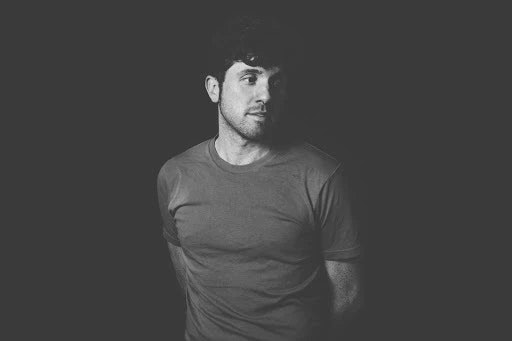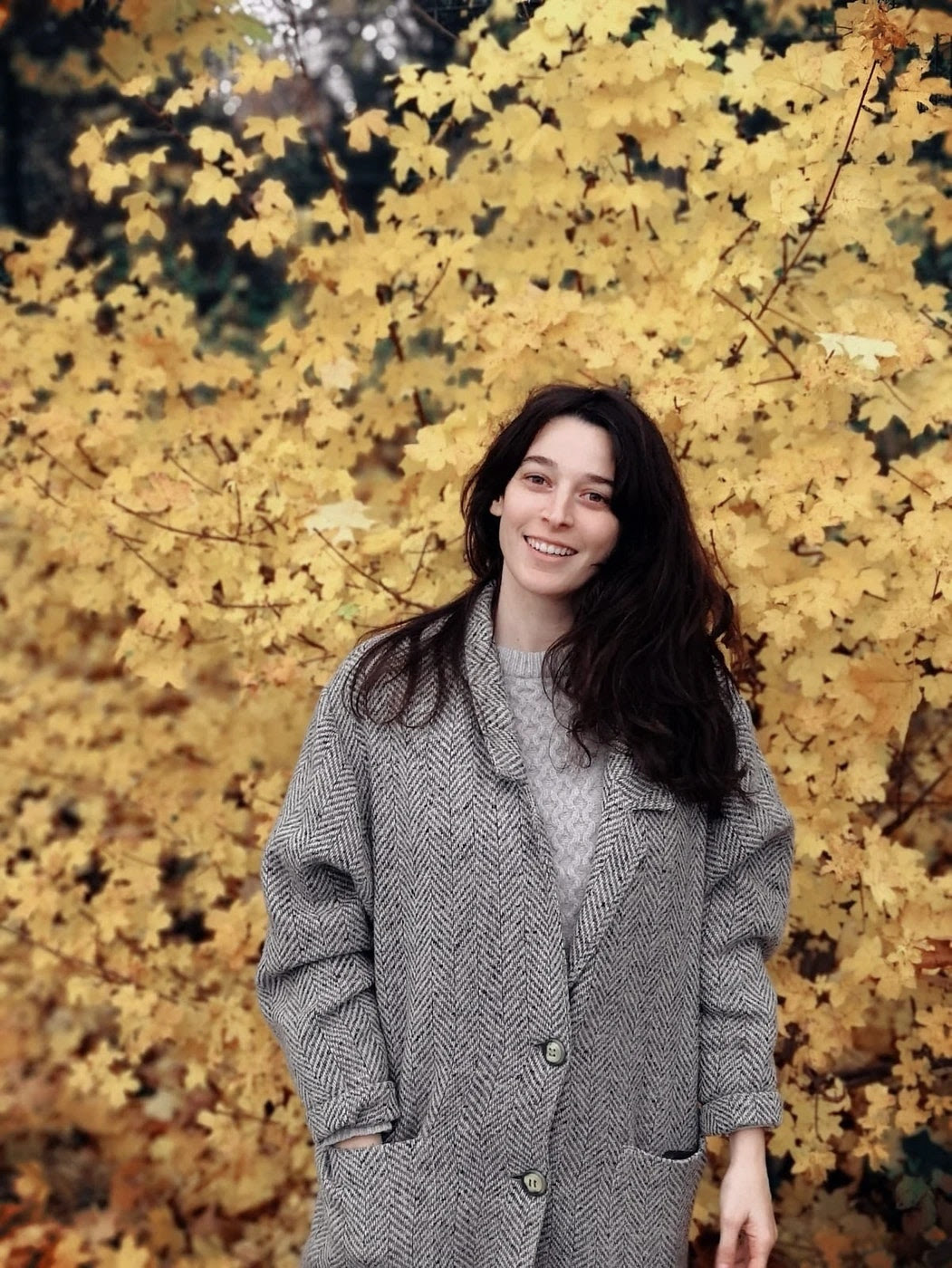Syllabus⇝
The learning process in the MDeF has materialised over the last few months into a personal project on the part of each student. These projects constitute socio-technical interventions on reality which take as reference the coordinates offered in the contents of the master: urban environment, digital manufacturing, technology, new design postures … These interventions are beginning to outline possible, critical and/or desirable futures that are to be constituted as alternative normalities. One of the pillars of the evolving body of knowledge that constitutes Transition Design is that of the theories of change, that is, the mental, theoretical and practical frameworks under which change happens and is meant. In this context, Transition Design bets on a reconquest of everydayness as a political positioning and an engine of change that builds bridges between the hitherto opposed theories that explain change from normative structures and the individual agency.
One of the most promising cultural theories for explaining social phenomena and analysing everyday life is that of Social Practices. The analysis of present practices as well as their historical evolution and future potentialities creates fertile ground for an aesthetic policy that questions the status-quo and overcomes the crisis of imagination in which we live submerged as a civilization. We believe the adoption of this tools, mindsets and theoretical scaffolds might expand design’s ability to construct preferred futures from a systems perspective.
Throughout the course the design interventions proposed by the students will be framed under the theory of social practices as a means for:
-
Understanding and reflecting on the implications of the performativity of everyday life in the creation of new normalities from a mind-body perspective and the role that design plays in that context.
-
Designing paths of transition from the present (and its practices) to the desired scenarios through strategic interventions in the metaphorical, material and practical spheres through the construction of speculative prototypes (material, performative, narrative…)
-
Engaging in a process to iterate, concretize and refine students’ projects integrating the learnings of Transition Design and the work on social practices.
Deliverables⇝
Performance + process report.
Additional Resources⇝
Transition Design Seminar. Carnegie Mellon Design School (2019).
Xenodesignerly Ways of Knowing. Johanna Schmeer (2019).
UNDERSTANDING SUSTAINABILITY INNOVATIONS: POINTS OF INTERSECTION BETWEEN THE MULTI-LEVEL PERSPECTIVE AND SOCIAL PRACTICE THEORY. Tom Hargreaves, Noel Longhurst and Gill Seyfang (2012).
System Innovation and the Transition to Sustainability: Theory, Evidence and Policy. Elzen B, Geels FW, Green K, Eds (2004).
Typology of Sociotechnical Transition Pathways. Research Policy 36. pp 54-79. Geels, Frank W. and Schott, Johan (2007).
Implications of Social Practice Theory for Sustainable Design. Kuijer, S.C. (2014).
Designing change by living change. Kakee Scott, Jaco Quist and Conny Bakker (2012).
Extrapolation Factory Operator’s Manual. Montgomery and Woebken (2016).
Performing transitions within emergent paradigms. Grace Polifroni, Mercè Rua and Markel Cormenzana (2019).
Faculty⇝
Markel Cormenzana, Transition Designer. Mechanical Engineer specialized in Product Development from the University of the Basque Country and the University of Southern Denmark (SDU). Ma Advanced Design Studies (UPC-UB). He has channeled his professional activity towards designing (product, service, systems, UX...) and innovating to dance with the complex social, economic and environmental challenges we face as a civilization. He is also a regular guest teacher at several design schools in Barcelona such as IED, BAU, Elisava or ESDESIGN.
Mercè Rua Farges is a researcher and design strategist at Holon.cat. With a multidisciplinary profile, at the crossroads between the social sciences, design, and the performing arts, she works to train and accompany organizations in their efforts to prosper by favoring a positive impact on society and the environment. Her passion is bringing people and teams together to bring out their collective intelligence and alignment to drive change.


